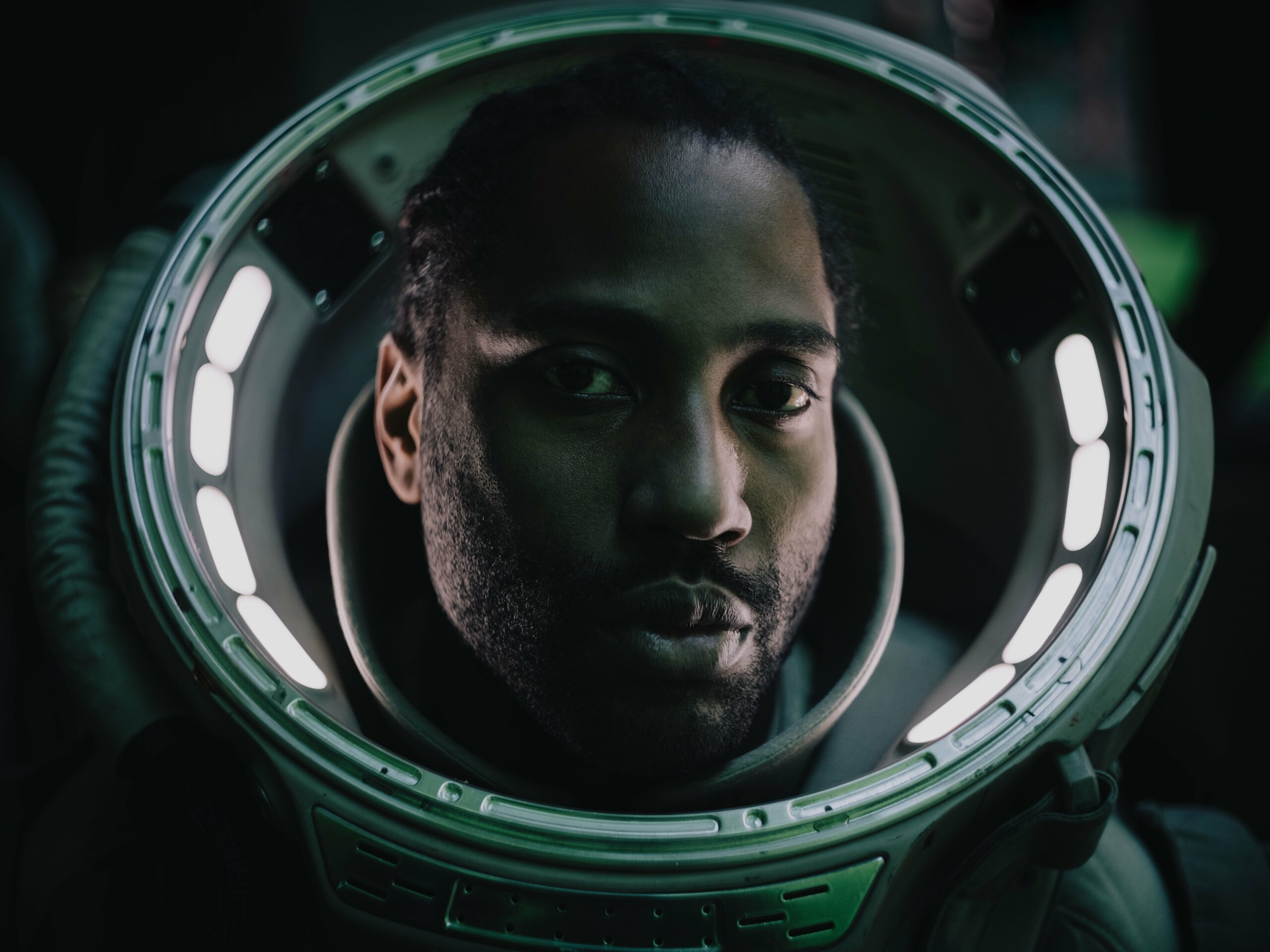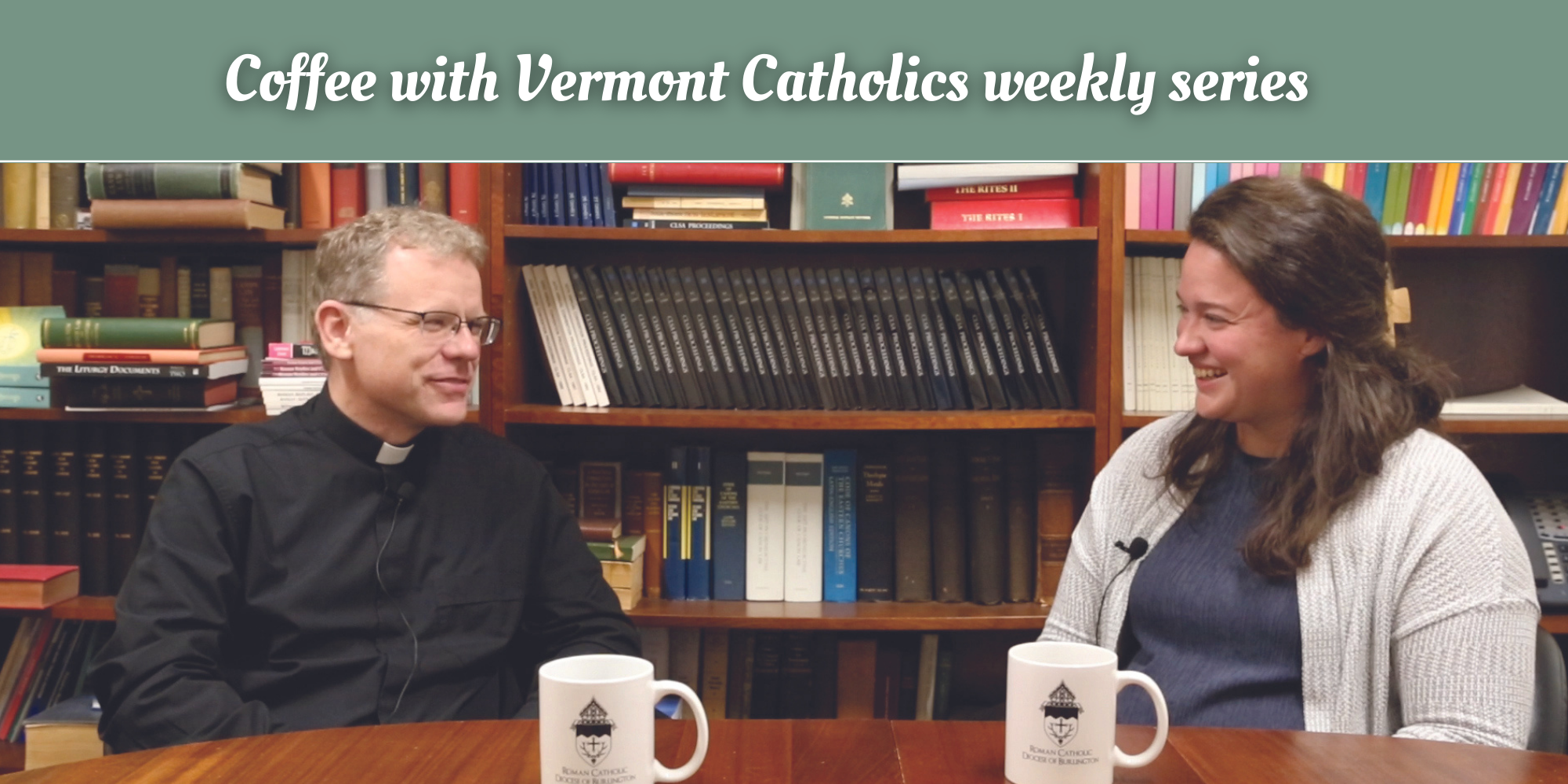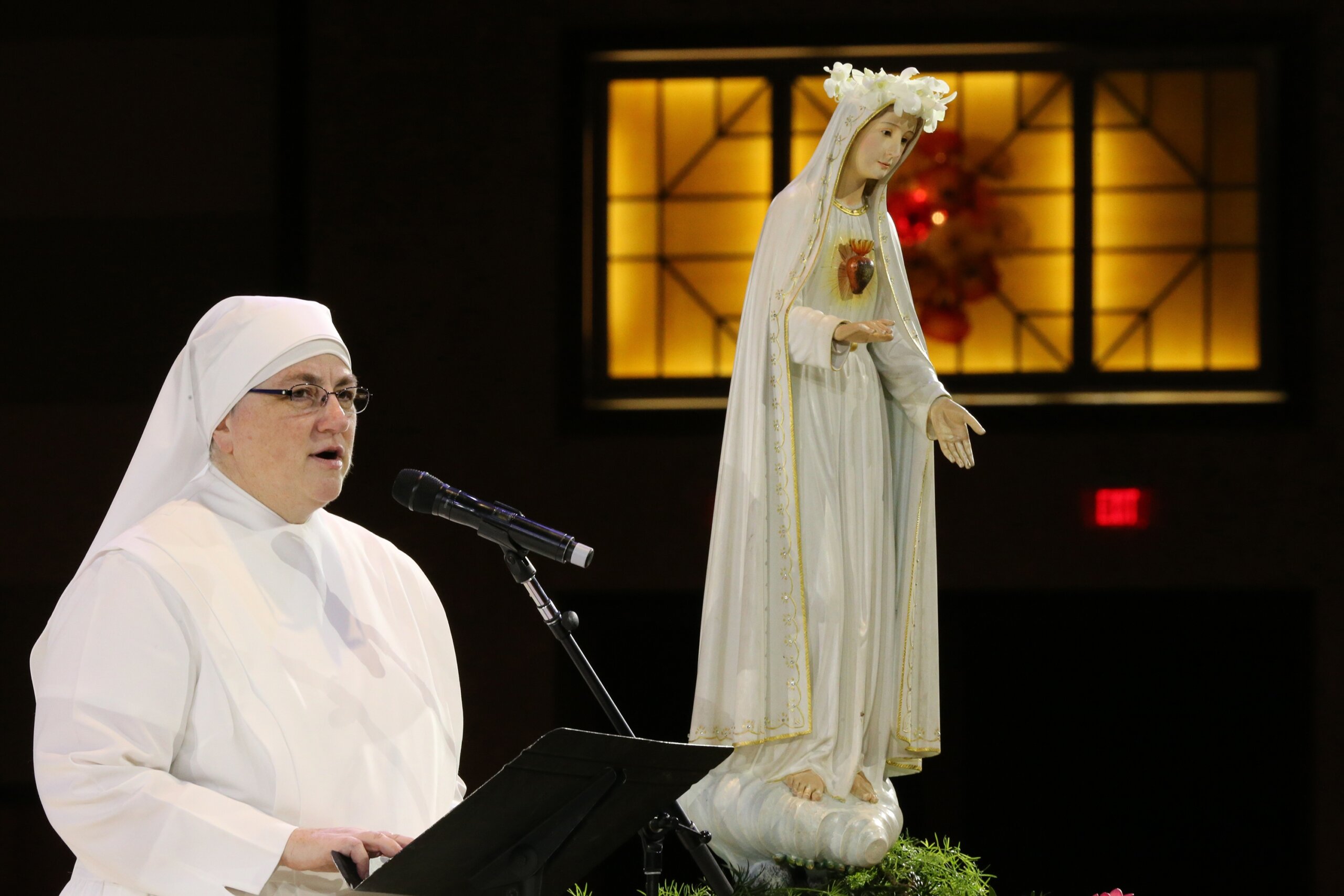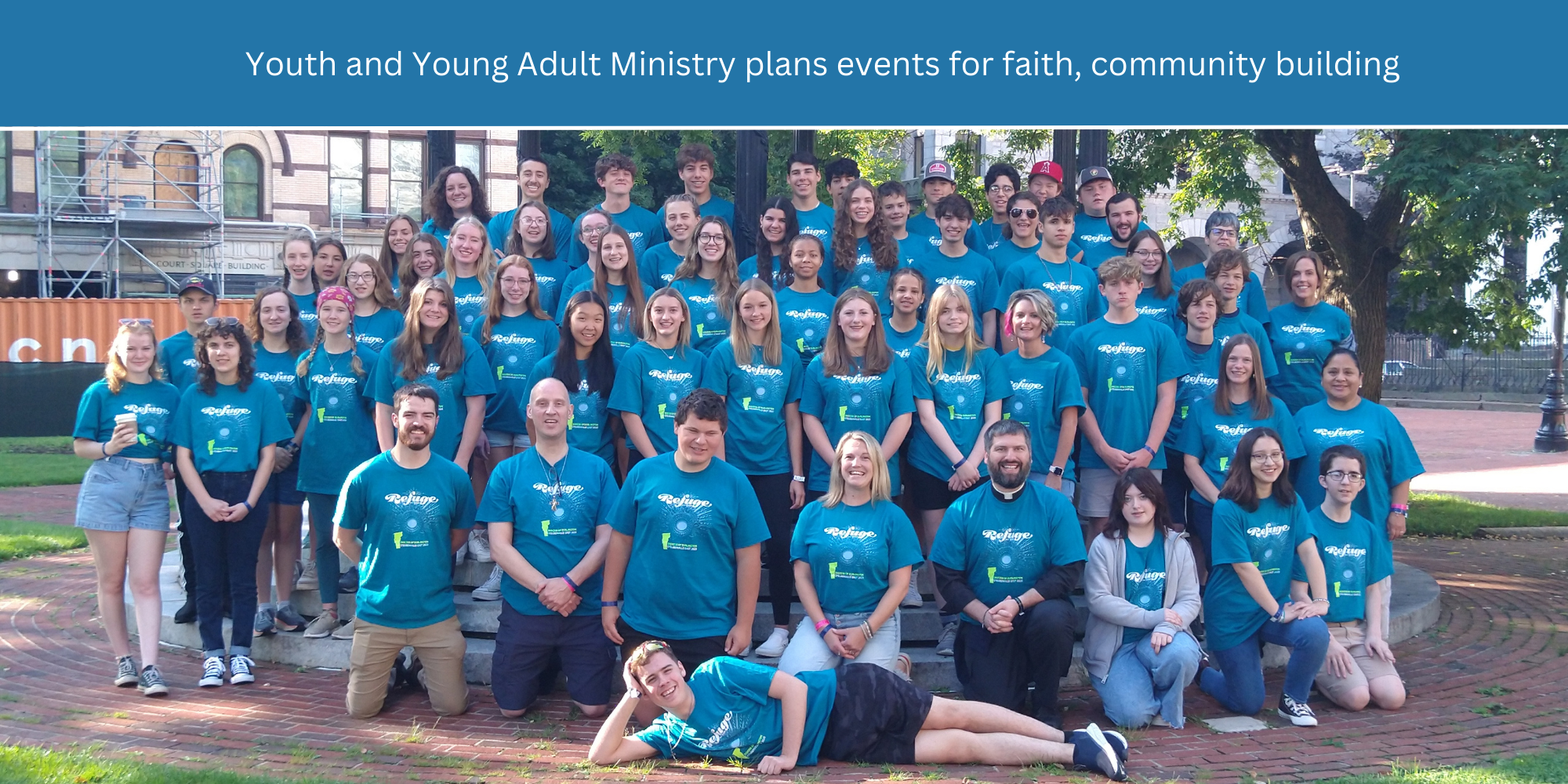
Science fiction is often used as an allegorical vessel within which to explore real-life current events, and such is the case with “The Creator” (20th Century). Although primarily set in the year 2070, this thinking person’s war drama takes for its main topic the very timely subject of artificial intelligence.
While present-day concerns center on AI’s potential to turn on its designers and displace human control of the world, within director and co-writer Gareth Edwards’ film, machines would seem to have more to worry about than those they were manufactured to serve. In fact, a global conflict is raging over an American-led effort to eliminate all automatons.
This crusade comes in the wake of a disaster that the U.S. blames on A.I. As a result of it, America and the West have banned the technology but the fictitious enemy nation of New Asia has not.
Formerly caught up in the struggle, as the opening sequence shows us, retired special forces agent Sgt. Joshua Taylor (John David Washington) was traumatized by it and has left it behind.
So at least he thinks until he’s visited by a duo of high-ranking officers, Gen. Andrews (Ralph Ineson) and Col. Howell (Allison Janney), intent on enticing him back onto active duty.
As a lure, they show the widower footage that seems to establish that his wife, Maya (Gemma Chan), whom he has long believed to be dead and for whom he still grieves, is, in fact, alive and living in New Asia. With the prospect of reuniting with Maya before him, Joshua agrees to get back in the fight.
He’s assigned to destroy the pro-AI side’s most potent weapon, which is in the last stages of development. Eventually, however, Joshua’s intensifying bond with Alphie (Madeleine Yuna Voyles), a childlike robot he encounters during his mission, has him questioning his nation’s ultimate goal of destroying not only her but every being like her.
Joshua’s saga is visually expansive but thematically shaky. As penned with Chris Weitz, the script raises issues that will be more troubling to viewers with a secular outlook than to Christian believers. Are humans the gods of A.I.? Can A.I. advance to the point where the machines endowed with it must be treated with the dignity traditionally accorded to people?
Since no mechanical object, however brainy, can be said to have a human soul or the immortal destiny that comes with it, these questions are easily answered from a biblical perspective. As the screenplay admits, cuddly Alphie, for all her endearing ways, is not headed to heaven if she’s switched off by her enemies.
Although these topics are more dabbled with than deeply delved into, grown-ups – for whom alone the picture’s vulgarity-laden dialogue is acceptable – will nonetheless likely appreciate Washington’s hard-driving performance. Moviegoers of all persuasions, moreover, can probably agree with Edwards’ peaceable agenda.
The film contains much stylized combat violence with minimal gore, a scene of marital sensuality, a few uses of profanity, about a half-dozen milder oaths, at least one rough term and pervasive crude language. The OSV News classification is A-III — adults. The Motion Picture Association rating is PG-13 — parents strongly cautioned. Some material may be inappropriate for children under 13.
— John Mulderig, OSV News




